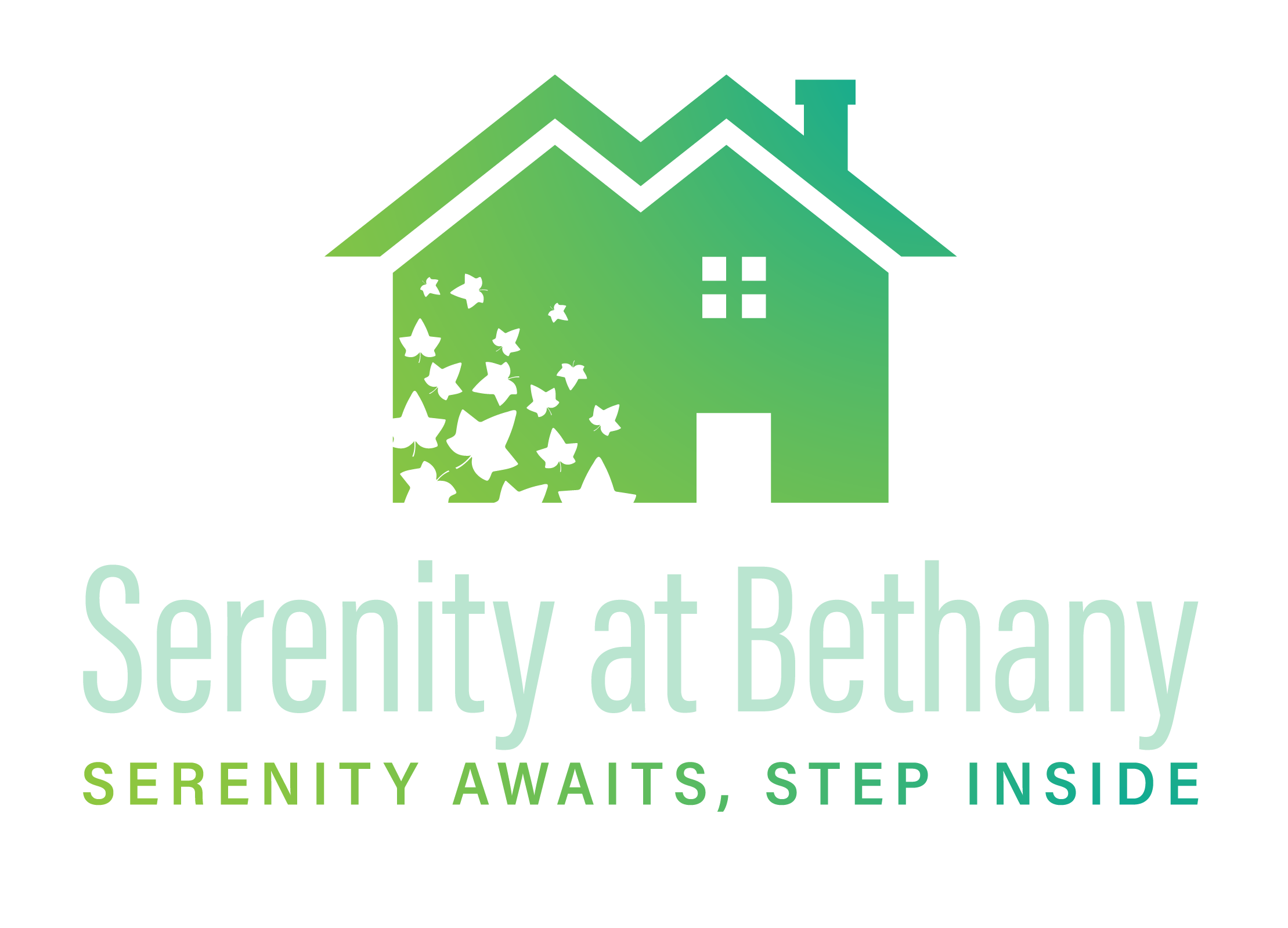New Jersey’s been through it when it comes to opioids. The state was already dealing with a serious heroin problem, then came the flood of prescription painkillers like OxyContin in the late ’90s and early 2000s. Things got worse before they started to get better.
Here’s Serenity at Bethany’s breakdown of the recent $1.3 billion settlement paid to NJ by PurduePharma.
How NJ’s $1.3B Opioid Settlement Could Actually Help You
There’s finally some good news: NJ is getting $1.3 billion from Purdue Pharma to help clean up the mess they helped cause. That money could do a lot of good—especially for people working to stay sober or get help right now.
Here’s a quick rundown on where the money’s going and how it could help you.
Where NJ’s Using the Money
Harm Reduction
This means more access to stuff like NARCAN (naloxone), mobile health vans, peer outreach, and wound care kits. They’re also putting money into housing support, legal services, and addiction meds like Suboxone. Basically, it’s all aimed at keeping people safe, especially those still using.
“Wraparound” Services
These are the everyday supports that make a huge difference: help with transportation, legal aid, job hunting, access to meetings, and help with basic needs. It’s all about making sure recovery is actually doable in real life.
Recovery Housing
Money’s also going into sober living homes and other recovery housing. That includes sober living, halfway houses and similar room and board type programs. They’re making sure places are safe, legit, and available to more people.
Detox and Rehab
The state’s using part of the funds to support detox centers and rehabs across NJ—whether it’s inpatient, PHP, or IOP. These programs will be easier to access, especially for people on Medicaid or without insurance.
Medication-Assisted Treatment (MAT)
MAT is more than just methadone or Suboxone—it can include things like Vivitrol, Campral, and even antidepressants, all paired with therapy and counseling. The goal: keep cravings and relapse risk lower, especially early on.
Why You Should Care
If you’re on Medicaid or don’t have insurance:
- Free detox and rehab options
- MAT and harm reduction support
- Recovery housing you can afford
- Help with legal stuff, transportation, and more
If you’ve got private insurance or can pay for treatment:
- You can still tap into state services afterward—like free NARCAN, legal help, job assistance, transport to meetings, and peer support
Even if your path isn’t fully covered by the state, the support doesn’t end when rehab does. These resources can help you stay on track and keep building a better life.
Serenity at Bethany’s Take
Here at Serenity at Bethany, we’ve lived through the chaos prescription opioids caused. We’ve lost people. We’ve helped people. We know how brutal this fight can be.
This settlement won’t fix everything or bring back the friends we’ve lost. But it’s a big deal. It’s proof that sometimes David can beat Goliath, that accountability is possible, and that recovery support is worth investing in.
For anyone wondering how to take the next step—know that help is out there. You’re not alone in this.
As always, if you have any questions you don’t find an answer for here or we can help you or someone you love — contact us!
